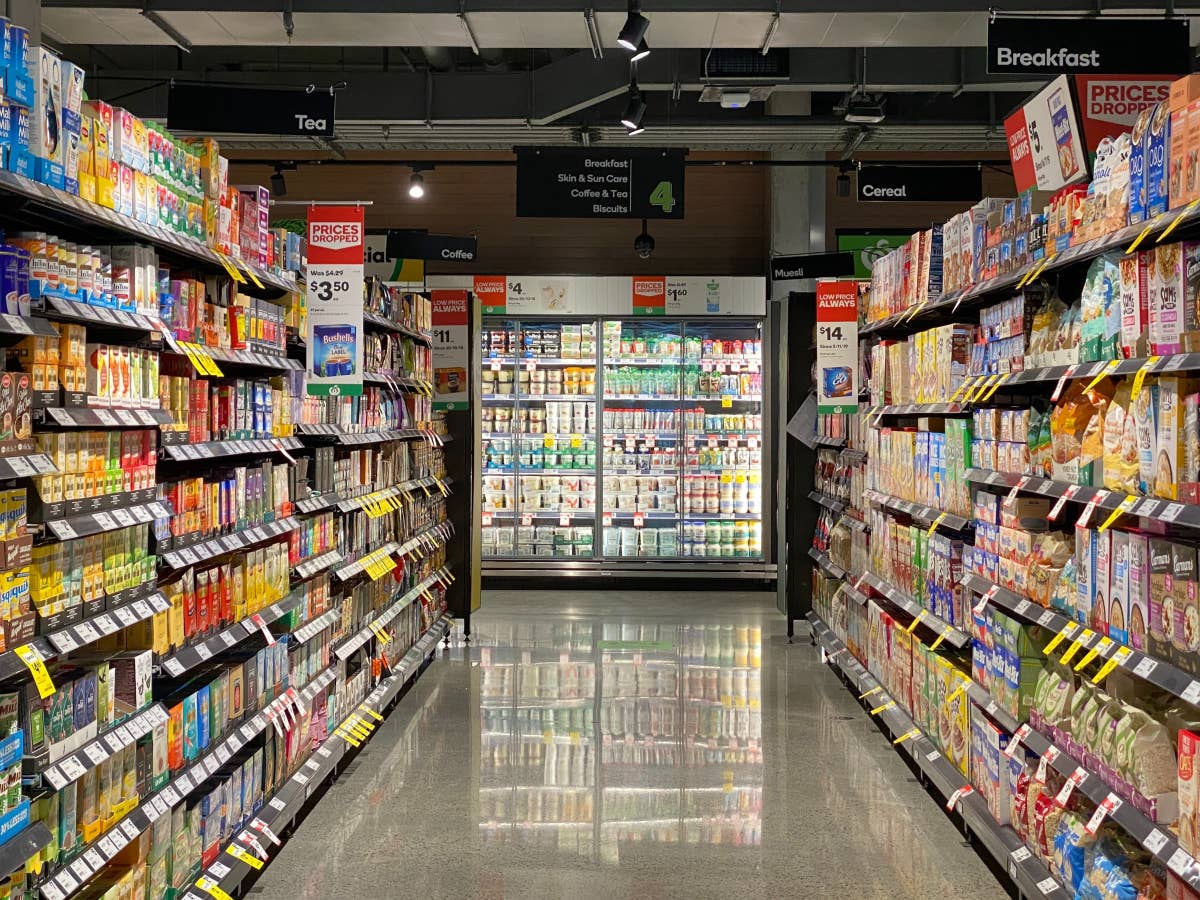Whether energy such as electricity and gas , whether at the petrol station or in the supermarket: almost everything is more expensive than it was just before Christmas a year ago. With a few tricks, you can still save a lot of money today. Stiftung Warentest shows how you can save money in the supermarket.

TABLE OF CONTENTS
1-With these tricks you can save money in the supermarket
2-Stick to the shopping list and save money
3-Prices are higher at combination stands
4-This is how supermarkets trick
5-You can save even more money with these simple tricks
People in Germany are running out of money. The head of the savings bank, for example, recently warned and revealed what the customer accounts really look like . In short: not exactly rosy. Instead of being able to put money aside, many have to access their savings. In times when many things are significantly more expensive, people have to save money. Stiftung Warentest shows that this is still possible. She reveals 10 tricks that even the most thrifty supermarket shoppers may not know all of.
WITH THESE TRICKS YOU CAN SAVE MONEY IN THE SUPERMARKET
Most people probably know the trick that the goods on the supermarket shelves at eye level are usually more expensive than the few shelves below. Many also know that the soup, pudding or dishwashing liquid from Rewe, Aldi, Lidl and Co. are either cheaper than comparable branded goods or that there is more for the same price. But in the meantime, in addition to inflation, there is also what is known as shrinkflation.
Dealers and manufacturers have a trick that many buyers usually do not even notice. They offer a product for the same price but with less content. Stiftung Warentest gives two examples. A bag of Lay’s chips costs a constant 1.59 euros. Instead of 175 grams, only 150 grams have been included since June 2022. And since June, lamb steaks from Aldi’s own brand Jack’s Farm have only been selling 300 grams instead of 400 grams for €6.99. Hence the tip: you should keep an eye on things that you buy regularly – such as coffee or chips. Both the price and the quantities. Because the packaging often remains the same size, so that you can’t tell from the outside that there’s less inside.
STICK TO THE SHOPPING LIST AND SAVE MONEY
Writing a shopping list is an advantage anyway. You rarely buy something that doesn’t say so – even if it smiles at you in the supermarket. This is how money can be saved. And if you have a shopping list, you should stick to it, is the tip from Stiftung Warentest. For example, if you can’t find sunflower oil on the shelf because it’s sold out, you should head to the nearest supermarket and buy it there. After all, supermarkets know that instead of buying the cheaper sunflower oil that is out of stock, they use a different product in order not to come home empty-handed and put more expensive oils right next to the empty compartment.
If you want to save money, you should also not buy any products that supermarkets already sell in bite-sized packages on the serving plate. This fruit, cut into small pieces, is practical, but the supermarket can pay well for chopping it up. A watermelon , for example, cost 0.77 euros per kilo in the summer, five packaged slices from the convertible counter 2.45 euros. If you buy fruit in one piece and cut it yourself, it is cheaper. In addition, freshly cut fruit tastes better and is healthier.
PRICES ARE HIGHER AT COMBINATION STANDS
Everyone knows the combination stand in the supermarket. An all-round package is offered here. However, if you discover the wine that is on your shopping list here, you should not immediately grab the cheese or grapes right next to it – even if the combination is right. The tip from Stiftung Warentest : “It’s better to buy the ingredients you need separately: there’s a larger selection on the shelf – and it’s easier to compare prices.”
You can save even more money if you buy groceries in the supermarket that are no longer durable. Whether yoghurt or cheese: many foods are still edible after the best-before date has passed. Those who use products with stickers such as “I’m still good” or “30% cheaper” can save a lot of money. And if you bring your own shopping bag with you, you don’t have to buy a new bag every time.
THIS IS HOW SUPERMARKETS TRICK
To get more money out of our pockets, supermarkets have come up with a number of tricks over the years. Did you know that you shop more and spend more money if you push one of the new shopping carts with parallel handles in front of you instead of a normal one? Researchers at the University of Innsbruck have found that customers spend 25 percent more money as a result. The reason: When pushing the standard car, the triceps work, they are associated with “aversion to pushing away”. But now the biceps are pushing. He stands for “approach and consumption”.
In addition, it is no coincidence that the milk only ends up in the last course in the shopping trolley. With freshly baked rolls at the entrance and other tricks, supermarkets want to make things as comfortable as possible. You should feel comfortable and walk slowly through the aisles. Past all the products that the supermarket offers until you finally come to the milk. This is how more and more products end up in the shopping cart and of course you can’t save money that way.
YOU CAN SAVE EVEN MORE MONEY WITH THESE SIMPLE TRICKS
We already mentioned having your own shopping bag instead of the expensive super bag and the shopping list. But you can save even more money. So you should go shopping as full as possible. After all, hungry shopping encourages impulse purchases. In addition, one should rather go shopping once a lot instead of a little every day. Because: A larger weekly purchase is often cheaper than many small errands. Bargains can also be found at weekly markets shortly before the shops close. In order not to have to take the goods back with you, fruit and vegetables are often thrown away here.


